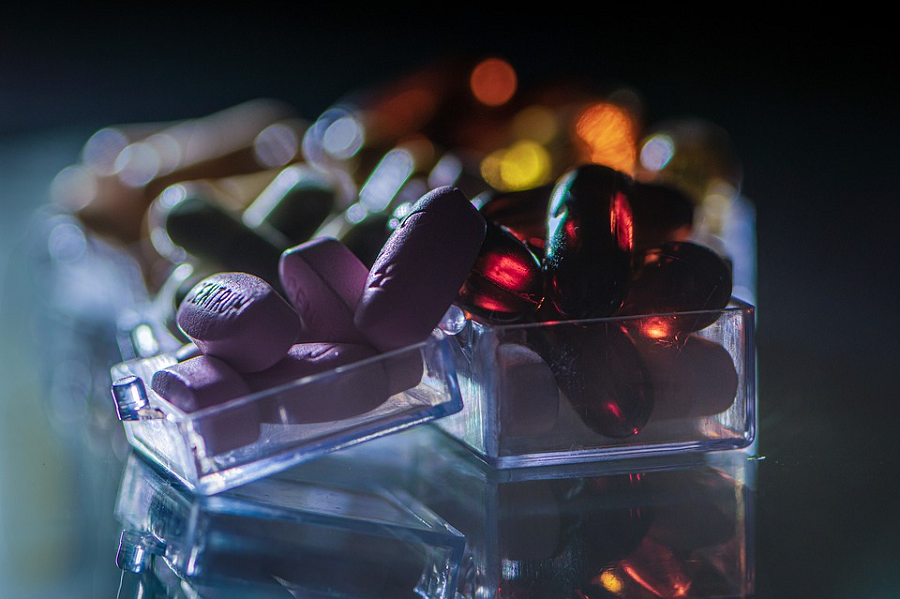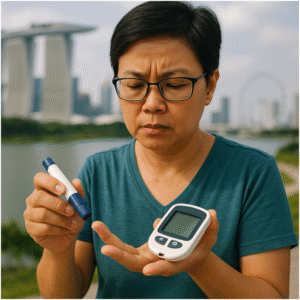5 Things That Affect the Absorption of Your Multivitamin

Have you ever thought the food you take might not be getting to the places it is required in the body? Well, not all nutrients and vitamins get absorbed as they ought to. Food processing makes up an intricate part of your body functioning, and a lot of this process is not describable or even observable with plain sight.
Bioavailability is the term used to describe the amount of nutrients available for absorption after food has been processed. It is the active ingredient capable of going through intestinal walls and making it to the bloodstream. From the blood, different organs get access to necessary vitamins. Bioavailability can be as low as 20{0f06621096951f9dc163056155f07a521f5203f52e6b53917fd291a1b5b72857} or as high as 98{0f06621096951f9dc163056155f07a521f5203f52e6b53917fd291a1b5b72857}.
A lot of things affect how the body responds to the food and the nutrients administered to it. Such factors include how multivitamins are delivered, the pharmaceutical forms and the size of the dose. To make sure that you are adequately benefiting from all the vitamins that you take, you need to know what prevents proper absorption and what you can do to make the absorption process more natural.
Here are five of the most common things that will affect the absorption of your multivitamins.
1. The Conversion Process
Several vitamins do not come in their bioavailable form. A good example is vitamin B2 or riboflavin. This vitamin is commonly found in eggs and milk, though most protein carriers have it. Vitamin B2 is located in the riboflavin phosphate compound, which cannot be absorbed in the body in this form. The compound needs to be converted to vitamin B2 using phosphatase enzymes in the intestines.
If a person is taking medication with chemicals that are of a similar form to riboflavin, such as tricyclic antidepressants or anti-malarial drugs, the conversion process is likely to delay or not happen at all. This makes the food rich in vitamin
B2 has a low bioavailability.
To curb this shortage, you will need to take the vitamin’s supplements that are available in its pure state. This way, absorption is more automatic.
2. Enzyme Reactions
Different enzymes in the digestive system react differently with various vitamins. Some will enhance their intakes and others will act as inhibitors. This difference is attributed to the food compound being taken. Some compounds will contain specific inhibitors that keep the vitamins from being soluble enough.
Proteinase, the enzyme in charge of the breaking down of proteins, has inhibitors that can affect vitamin absorption for specific fruits and vegetables. Vitamin B1 is a considerable deficiency in countries and regions near water bodies, mainly where people are used to eating kinds of seafood and fish.
This deficiency is linked to enzyme reactions that inactivate thiamine which is responsible for the absorption of Vitamin B1. Taking direct supplements of the vitamin or direct administration of the same through injections can help resolve the deficiency.
3. Toxicity, Aging and Poor Health
The human body is complex. As much as nutrients have several absorption paths, most of them are fragile and can be easily affected by lifestyle changes and illness. Such changes will automatically affect how the absorption paths take in vitamins.
Ageing can cause your body to become less efficient at absorbing and even extracting different nutrients from the food one eats. This might cause you to change what you eat to keep your vitamin levels up. An older adult needs a lot of richly coloured fruits and vegetables.

Alcohol is good at intoxicating the body in many ways. Many vitamins tend to have reduced bioavailability when one has chronic alcohol consumption. It can cause premature breakdown of foods and supplement pills, making them already useless by the time they get to the intestines. It can also damage the stomach and intestinal walls, thus causing gut leaks or interfering with the production of enzymes needed for vitamin absorption.
To prevent this, one needs to reduce the amount of alcohol intake or entirely stop taking it. Avoiding to take alcohol at least four hours before taking your supplements also works.
Lifestyle issues such as addiction to caffeine or even high-stress levels can also affect vitamin absorption. Excess caffeine will produce the same effect as alcohol thus preventing vitamins from directly accessing the bloodstream. Stress can alter the body’s digestive efficiency, especially for vitamins A, C and E. Getting efficient antioxidants will help to reduce the effects of stress in your diet.
4. Insufficient Dietary Fats
As much as fats are not entirely associated with a healthy diet, the body needs healthy fats to function correctly. Some vitamins are fat-soluble, meaning increasing the amount of dietary fat can help in their absorption. A good example is vitamin D. This vitamin dwells in fatty tissues and is released during the breaking down of these tissues.
Fat has to be present for vitamin D absorption in your intestines, and lack thereof will reduce vitamin D bioavailability.
5. Delivery Systems
How you administer vitamins to your body will affect how much of these nutrients you will absorb and how much will be removed as waste. This is why delivery systems need to be considered when one is seeking to improve multivitamin levels in the body.
For example, a vitamin tablet can easily get destroyed by stomach acids. Nutrients such as SAMe, L-Glutathione and Resveratrol are also impaired in this process. To prevent this, medicine manufacturers cover supplements with enteric coating to get them through corrosive environments, thus increasing their bioavailability.
Conclusion
From the detailed information above, you can tell that getting the right vitamins into the body takes more than swallowing supplement pills and eating healthy foods. One also needs to consider delivery systems and lifestyle changes to be wholesomely healthy.
If you are not sure about the bioavailability of the foods you take, you can consult with a doctor who will examine your body and point you to the right practices. If a vitamin deficiency can be fixed, it is your responsibility to ensure that it gets fixed.




